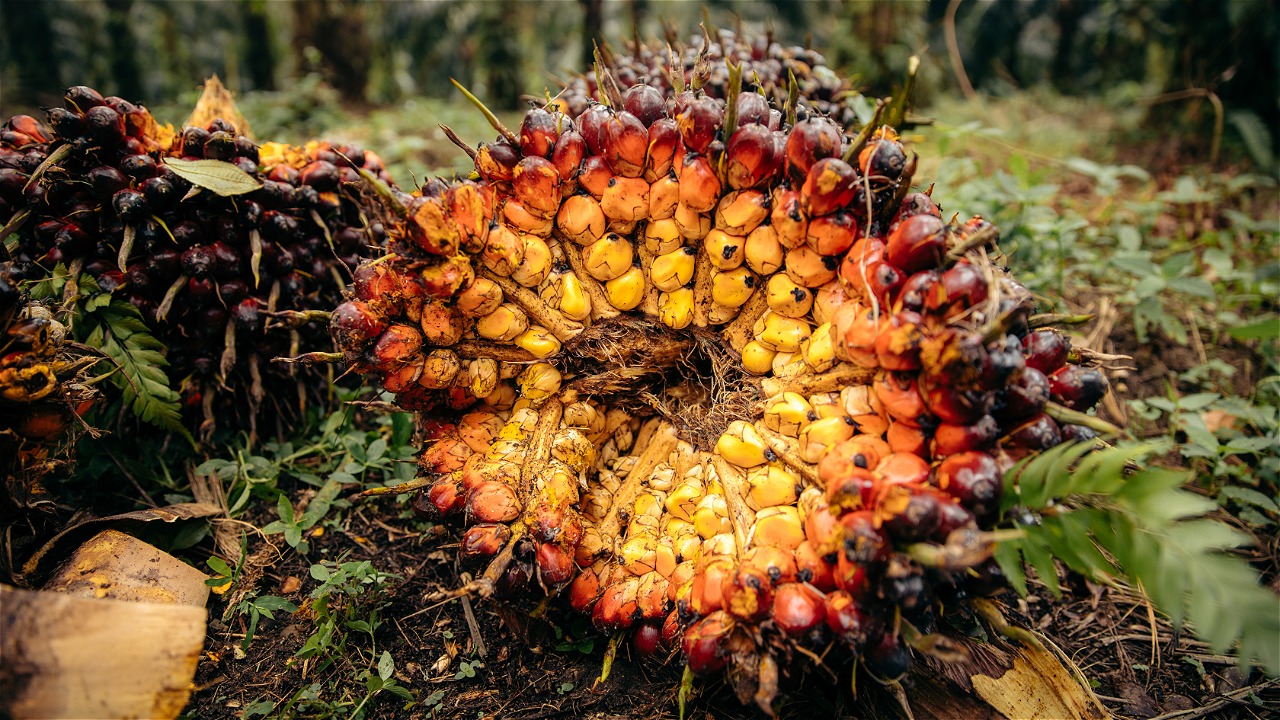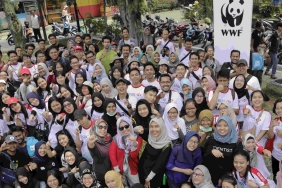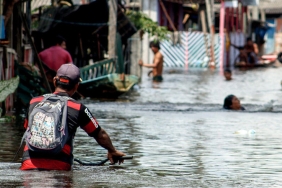WWF GLOBAL STATEMENT: BOYCOTTING PALM OIL DOES NOT SOLVE THE PROBLEM
The decision of Iceland Foods Ltd, a UK food retailer, to stop selling products containing palm oil from the end of 2018, is considered inappropriate by WWF.
A boycott of palm oil will not protect or repair the destruction of tropical rainforests, whereas implementing sustainability principles in the business sector would be a real long-term solution.
Without clarity on Iceland Foods Ltd.'s preferred vegetable oil alternatives, and evidence that its action to boycott one type of vegetable oil will reduce threats to biodiversity and tropical rainforests, WWF cannot support the retailer's action to remove palm oil products from its lineup.
WWF calls on retailers to seriously assess the ecological impacts of using palm oil. Removing palm oil from the production chain will not protect or reverse the destruction of tropical forests, but collective action for a sustainable palm oil industry will make a difference.
This statement was published on the website www.panda.org since Thursday, April 19, 2018. WWF refers to a WWF-Germany analysis report (September 2016) that says the substitution of palm oil with other vegetable oils will make the problem worse. Palm oil - when produced from the highest standard production processes - has the highest productivity compared to other vegetable oils (soybean, rapeseed and sunflower), which would lead to more land conversion and potentially disrupt animal habitats, biodiversity and the environment.
Aditya Bayunanda, WWF-Indonesia's Director of Policy, Sustainability and Transformation, said, "Indonesia needs to address the issue of boycotts against the use of palm oil like this, by seriously addressing the issue of deforestation which has become a concern for global consumers. Tesso Nilo is an example of the absence of the Indonesian government to take real action against the perpetrators of deforestation and illegal palm oil expansion."
Tesso Nilo National Park in Riau, Sumatra, is the nadir of deforestation caused by the expansion of oil palm plantations. But so far there has been no law enforcement action against the companies responsible for deforestation or the financial sector supporting them. Deforestation, both legal and illegal, has depleted Indonesia's natural forests, leaving indigenous communities marginalized and disenfranchised, and protected areas encroached upon. The highest driver of deforestation in Indonesia to date is still the palm oil industry.
The government should take this opportunity to improve forest and land management by implementing strict regulations on the palm oil plantation sector. The Indonesia Sustainable Palm Oil (ISPO) should be strengthened by incorporating traceability elements and encouraged to be implemented by all palm oil plantations and processors. In addition to improving Indonesia's image in the eyes of the world, it also supports the achievement of greenhouse gas emission reduction targets.
Large-scale producers that are able to implement the highest standards for sustainability should be encouraged to adopt the best available practices. WWF invites businesses and NGOs to support the improvement of the Principles and Criteria of the Roundtable on Sustainable Palm Oil (RSPO), to effectively stop deforestation, peatland conversion, marginalization of indigenous peoples and labor issues along the production chain, to be equivalent to the standards applied in the Palm Oil Innovation Group (POIG).
WWF believes that a trade war will not solve the problem. Palm oil as a source of vegetable oil is still a good and efficient alternative when developed following best management standards.
-0-
For more information, please contact:
- Putra Agung, Sustainable Palm Oil Program Manager WWF-Indonesia
HP: 0811 1191 881 | Email: pagung@wwf.id
- Rico Pratama Putra, Sustainable Palm Oil Technical Officer WWF-Indonesia
HP: 0852 49777 4470 | Email: rputra@wwf.id
The WWF Global Statement link can be found at http://d2ouvy59p0dg6k.cloudfront.net/downloads/final_wwf_position_on_iceland_po_boycott.pdf





